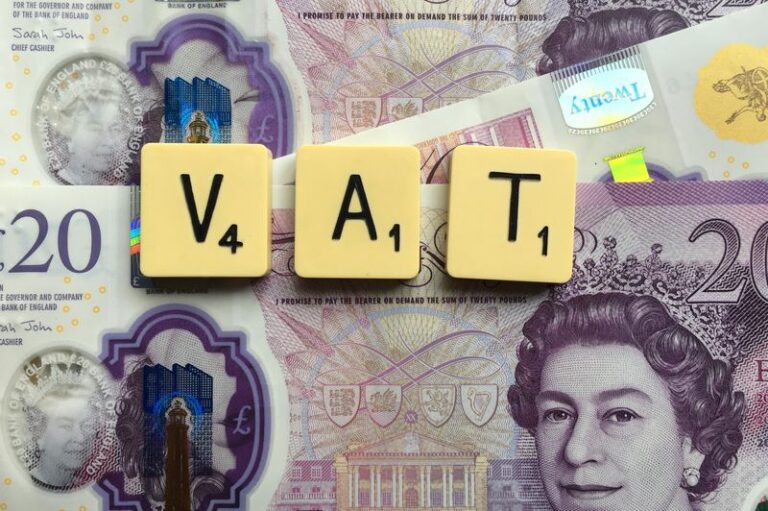Farmer’s VAT case win good news for nonprofits

This week’s announcement of the decision of the First-tier Tax Tribunal in favour of Colin Newell reclaiming VAT on his biomass business operations subsidised by the Renewable Heat Incentive Scheme (RHI), has also been declared good news for nonprofits relying on subsidies, such as the furlough scheme.
Colin Newell, whose biomass business dries and sells wood chips and other materials, won his case against HMRC, which claimed that only a proportion of Newell’s input tax was VAT deductible because a considerable amount of his income came from the Renewable Heath Incentive (RHI) scheme and was therefore outside the scope of the VAT system.
Mr Newell was advised by Glyn Edwards, VAT Director at MHA MacIntyre Hudson and David Small, an Advocate with Arnot Manderson Advocates in Edinburgh, who argued the VAT ought to be fully recoverable because VAT is not supposed to add to the costs of a fully taxable business and because HMRC’s stance would undermine the rationale behind the government’s subsidies for renewable energy.
Advertisement
This argument prevailed and the court found no restriction of VAT could be justified where a business only makes taxable supplies, regardless of whether it has been supported by subsidy or even if it would not be viable without government support.
Speaking on the decision, Glyn Edwards commented:
“Mr Newell’s victory is not only of vital importance for every business drawing funding through the RHI, some of which were already fearing a clawback of VAT, but also for all businesses and charities in receipt of subsidies, such as the Coronavirus Job Retention Scheme (CJRS). A victory here for HMRC could have meant a sustained attempt to deny VAT recovery to a swathe of business and not-for-profit organisations, especially in the energy, farming and charitable sectors.
“The court’s decision preserves the neutrality of the VAT system. By trying to clawback VAT, HMRC was seeking to undermine the effectiveness of subsidies which the government had specifically designed to promote carbon efficient energy production as it targets net zero emissions by 2050. The RHI is absolutely critical to the renewable energy sector and a VAT clawback would have made the sector much less attractive to investors.
“Had it succeeded, HMRC would likely have extended its logic to agriculture. It’s even feasible that had the case gone the other way HMRC’s VAT clawback principle could have been applied to commercial operations and non-for-profit bodies that rely on various critical subsidies, including the furlough scheme (Coronavirus Job Retention Scheme). Such impacts would clearly have had massive implications for businesses across the UK, so today’s ruling should be welcomed far and wide.”



